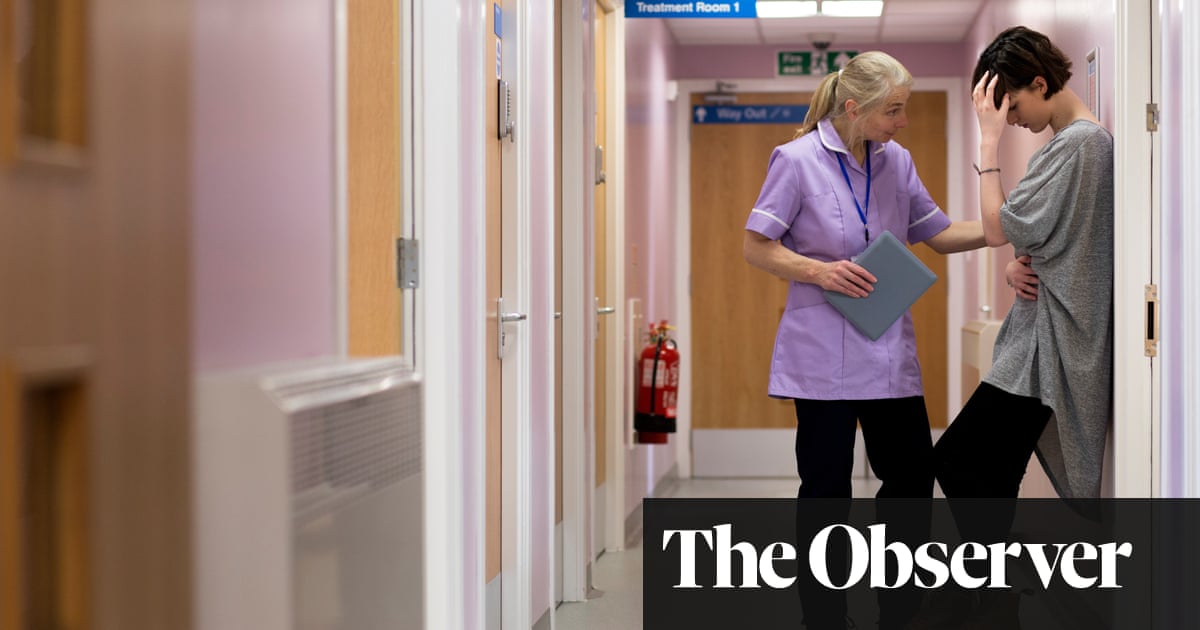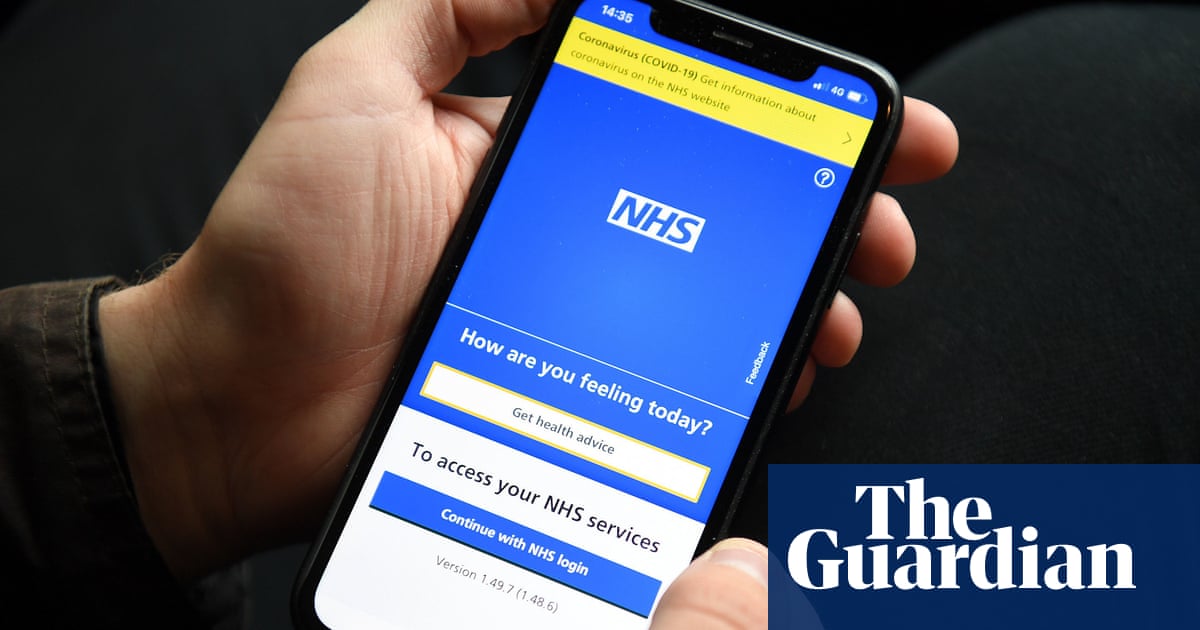
Hospitals in England are already 94% full, with four out of five critical care beds occupied, even before the spread of the Omicron variant of coronavirus has started to cause a big influx of patients.
NHS statistics published on Thursday showed hospitals under intense pressure and sparked fresh fears that the health service may struggle to deal with the coming surge in Covid cases.
NHS Providers said the figures were “worrying” and it expressed concern that Omicron was already resulting in large numbers of NHS staff being off ill, especially in London.
Chris Hopson, the organisation’s chief executive, said: “It is worrying that 94% of hospital beds and 81% of critical care beds are already full, given the new Omicron variant is in its early stages and has so far led to only a relatively small number of people needing hospital care.
“However, with infection levels rising rapidly, trust leaders are increasingly clear that they are likely to see significant numbers of extra Covid-19 patients over the coming weeks. What remains unclear is how many patients and with what severity of illness.”
In recent days senior doctors and scientists – including the UK Health Security Agency boss, Dr Jenny Harries, and Graham Medley, a professor of infectious disease modelling and a member of the government’s advisory group Sage – have raised concerns that Omicron could lead to hospitals becoming overwhelmed.
The figures were contained in NHS England’s latest weekly batch of “winter sitreps” data, which set out how hospitals and ambulance services are coping with the extra demand they come under in December, January and February. They show that of the 90,702 adult general and acute beds in acute hospitals that were open in the week to last Sunday, 85,558 (94.3%) were occupied.
Of the 4,016 critical care beds that hospitals had open, 3,246 (80.8%) had patients in them. These are the beds that will be used by people left seriously ill by Omicron.
The data also showed that NHS trusts in England had to divert patients in ambulances to other nearby hospitals 28 times last week because their A&E was too busy to admit them. It happened nine times at University Hospitals Birmingham trust and eight times at Worcestershire acute hospitals trust. However, no emergency department had to shut altogether.
Record numbers of patients are having to be looked after by ambulance crews outside hospitals for long periods because A&Es do not have the staff or space for them to be offloaded.
Ambulances are meant to hand their patient over to A&E personnel within 15 minutes of arrival. But last week almost one in four handovers took more than 30 minutes, and one in 10 took at least an hour – far more than the equivalent figures for the same week last year, when the Delta variant was taking hold.
An average of 10,510 hospital beds were occupied each day last week by people who were medically fit to leave but could not be discharged, highlighting the continuing inability of social care services to help patients return to their home or care home.
Saffron Cordery, NHS Providers’ deputy chief executive, said hospital bosses were deeply concerned about the weight of demand on the health service.
“These figures highlight how trusts are consistently working under significant pressure, operating beyond full stretch, before Omicron has even taken full hold in the community,” she said.
“While the picture is still emerging about how severe the impact from Omicron might be, the NHS is expecting many more patients in hospital over the coming weeks, as even a small percentage of people needing care from thousands of infections is still a large number.”












